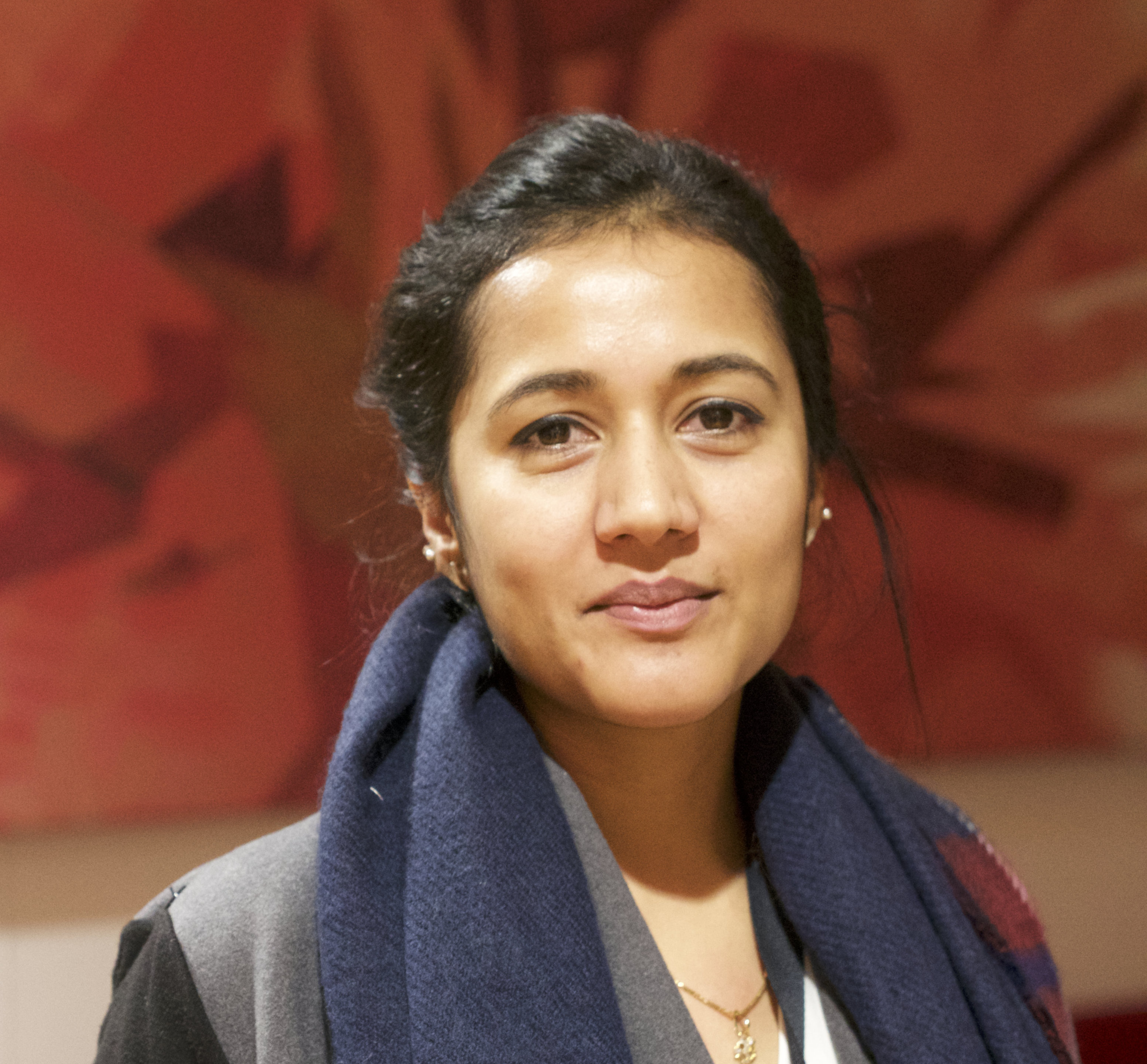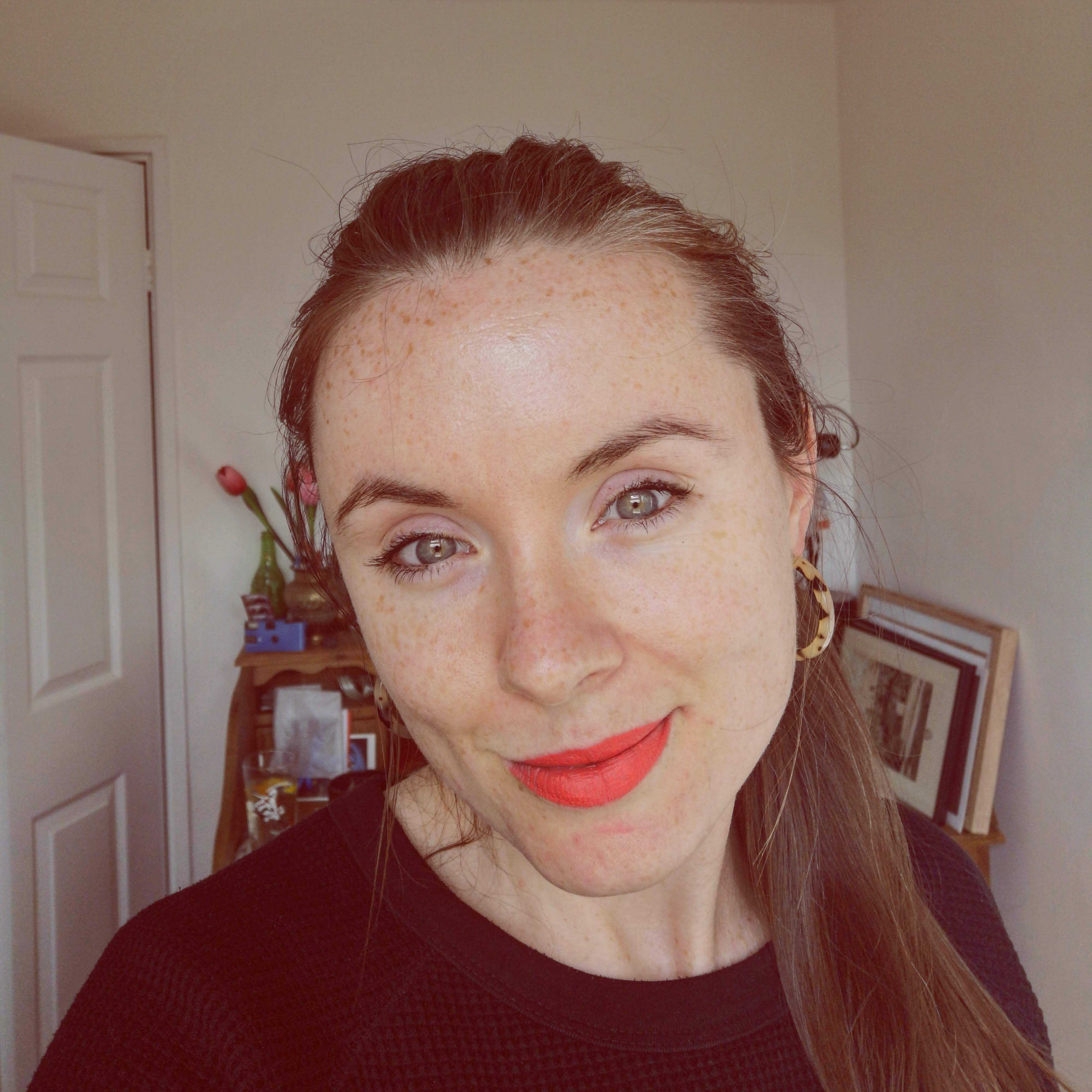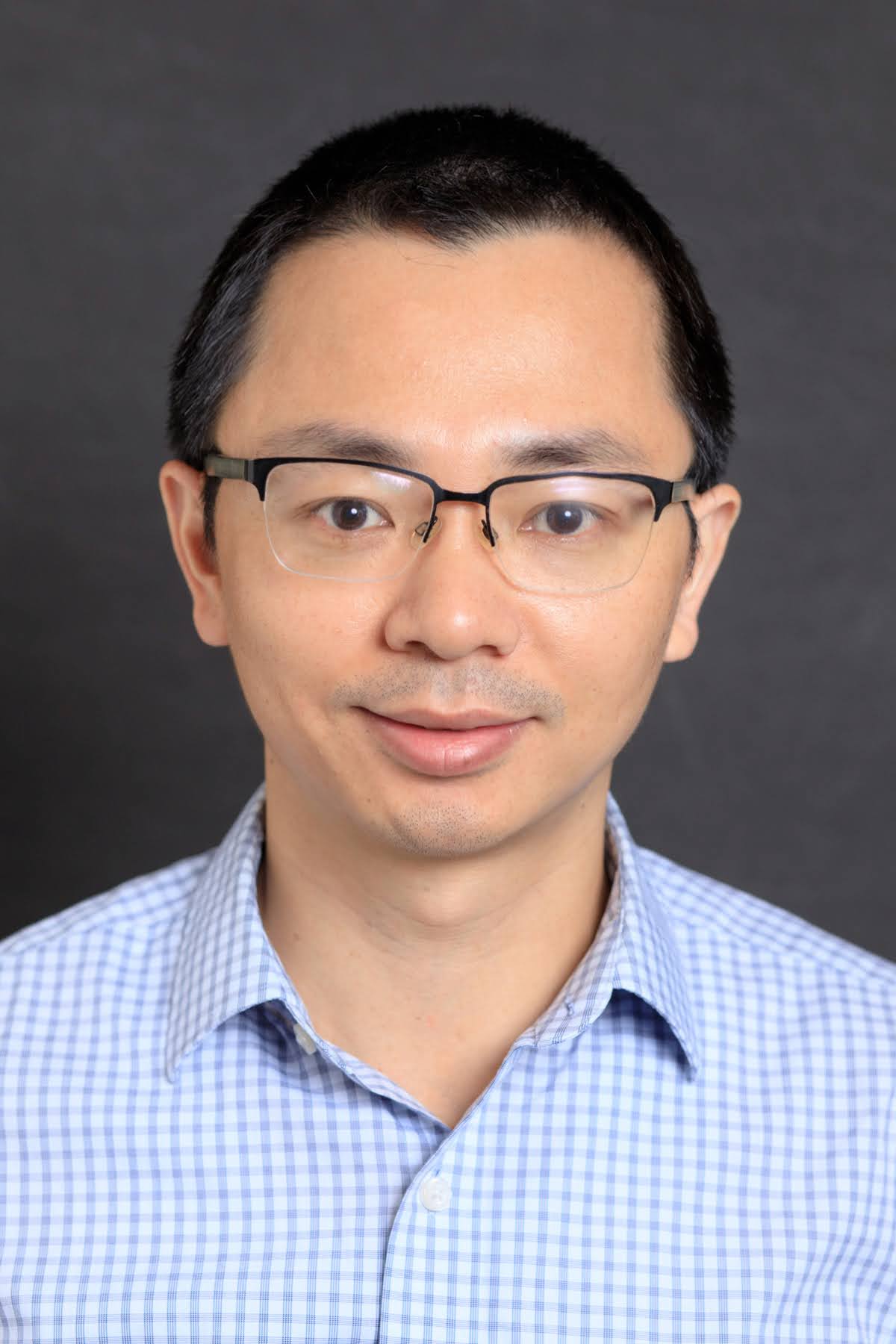Symposium - October 6th, 2023
Morning Keynote Speakers

Malvika Sharan
Title: Open science for enabling reproducible, ethical and community-driven research
Abstract: In this talk, we will discuss open science as a framework to ensure that all our research components can be easily accessed, openly examined and built upon by others. We will introduce The Turing Way - an open source, open collaboration and community-driven guide to reproducible, ethical and inclusive data science and research. Drawing insights from the project, we will share best practices that researchers should integrate to ensure the highest reproducible and ethical standards from the start of their projects so that their research work is easy to reuse and reproduce at all stages of the development. All attendees will leave the talk understanding the many dimensions of openness and how they can participate in an inclusive, kind and inspiring open source ecosystem as they collaboratively seek to improve research culture. All questions and contributions are welcome at the GitHub repository: https://github.com/alan-turing-institute/the-turing-way.
She is a co-founder of Open Life Science, a mentoring and training programme that empowers researchers to integrate open science in the context of their communities. She is a Software Sustainability Institute fellow, Society of RSE trustee, and an active contributor to open source community initiatives including Code for Science and Society, NASA-TOPS,The Carpentries and MetaDocencia. She works towards enabling collaborative development approaches, embedding inclusive practices and supporting projects to enhance the diversity of marginalised members in research leadership.

Arielle Bennett, co-presenter
Title: Open science for enabling reproducible, ethical and community-driven research
Arielle is a core contributor to The Turing Way project, where she mainly writes on activism and research infrastructure roles. She advocates for improved recognition of the diversity of scientific roles and skill sets and improved working conditions as part of ethical research practices.
Afternoon Keynote Speaker

Qiusheng Wu
Title: Exploring the Power of Cloud Computing and Geospatial Analysis: A Beginner's Guide for EveryoneAbstract: Satellite data are critical for a wide range of environmental applications. In the past, access to satellite data was limited to researchers and professionals with expertise in remote sensing and image processing. However, with the increasing availability of open-access satellite data and cloud-computing platforms such as Google Earth Engine, Microsoft Planetary Computer, and Amazon Web Services, anyone can now gain insight into environmental changes on a planetary scale. This presentation will introduce open-source packages, data catalogs, and interactive web apps that enable users to leverage the power of cloud computing for geospatial analysis. These tools are designed to be user-friendly and accessible, allowing anyone to explore and analyze satellite data for a wide range of environmental applications. Whether you are a researcher, student, or environmental professional, these tools can help you gain valuable insights into the state of our planet and the changes that are taking place.
Bio: Dr. Qiusheng Wu is an Assistant Professor in the Department of Geography & Sustainability at the University of Tennessee, Knoxville. He is also an Amazon Visiting Academic and a Google Developer Expert (GDE) for Earth Engine. His research interests include geospatial data science, remote sensing, and environmental modeling. Dr. Wu is particularly interested in utilizing big geospatial data and cloud computing to study environmental change, especially surface water and wetland inundation dynamics. He is an advocate of open science and reproducible research, having developed and published various open-source packages for advanced geospatial analysis and data visualization, such as geemap, leafmap, lidar, and segment-geospatial. He recently became a Senior Research Fellow at The United Nations University Institute for Water, Environment and Health. Check out his open-source projects at https://github.com/opengeos.
2023 Symposium Schedule
| Start | End | Event |
| 8:00 am | 8:30 am | Registration |
| 8:45 am | 9:00 am | Opening Remarks |
| 9:00 am | 10:00 am | Keynote: Malvika Sharan and Arielle Bennett |
| 10:00 am | 10:15 am | Coffee Break |
| 10:15 am | 11:15 am | Talks Session #1: AI and Computing |
| 11:15 am | 12:15pm | Lunch Break |
| 12:15pm | 1:15 pm | Talks Session #2: Data Science Education |
| 1:15 pm | 2:15 pm | NVIDIA - Four Ways to GPU Computing |
| 2:15 pm | 2:30 pm | Coffee Break |
| 2:30 pm | 3:30 pm | Keynote: Qiusheng Wu |
| 3:30 pm | 4:30 pm | Talks Session #3: Data Science Programs & the Student Competition |
| 4:30 pm | 4:45 pm | Closing Remarks |